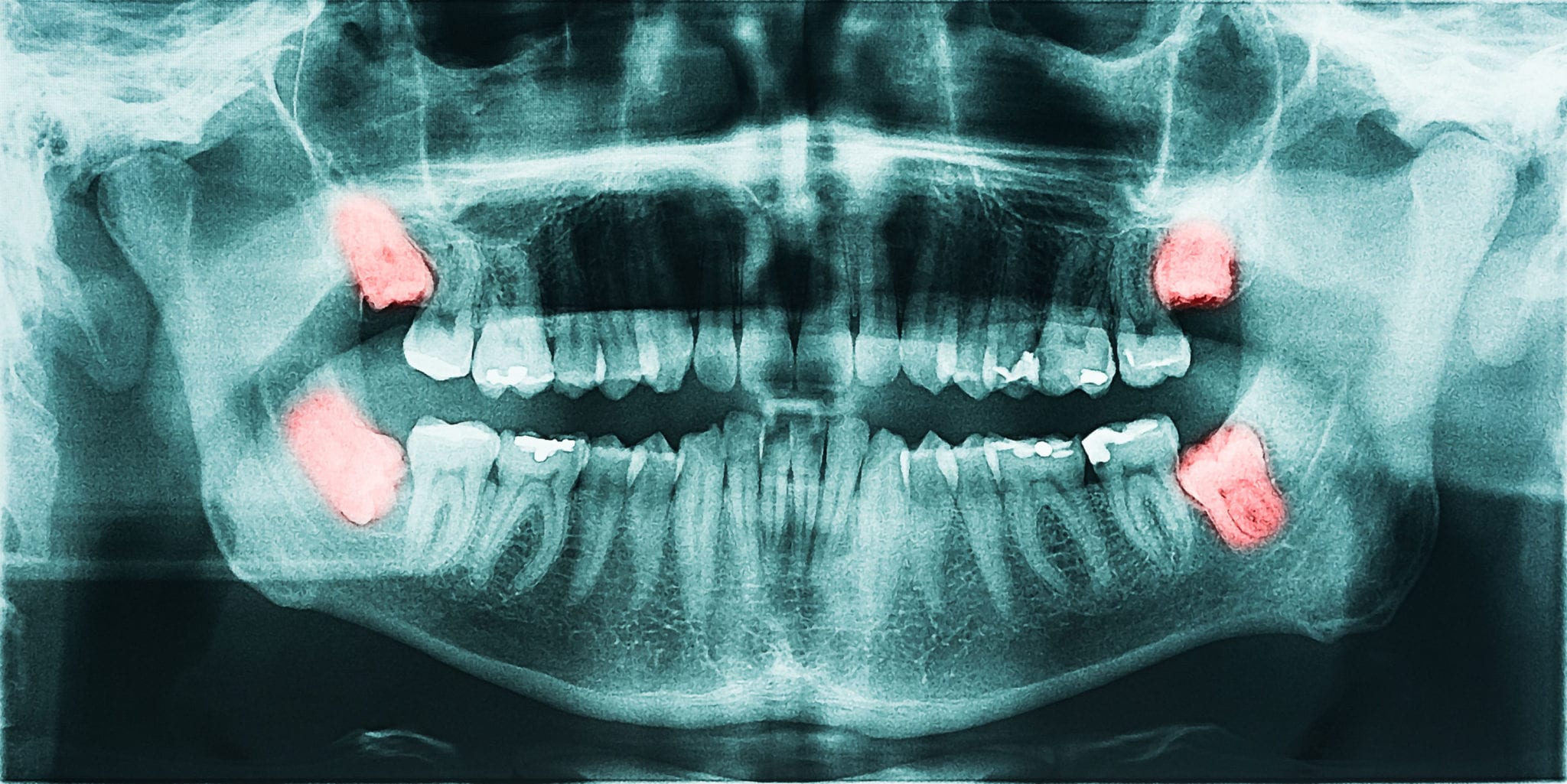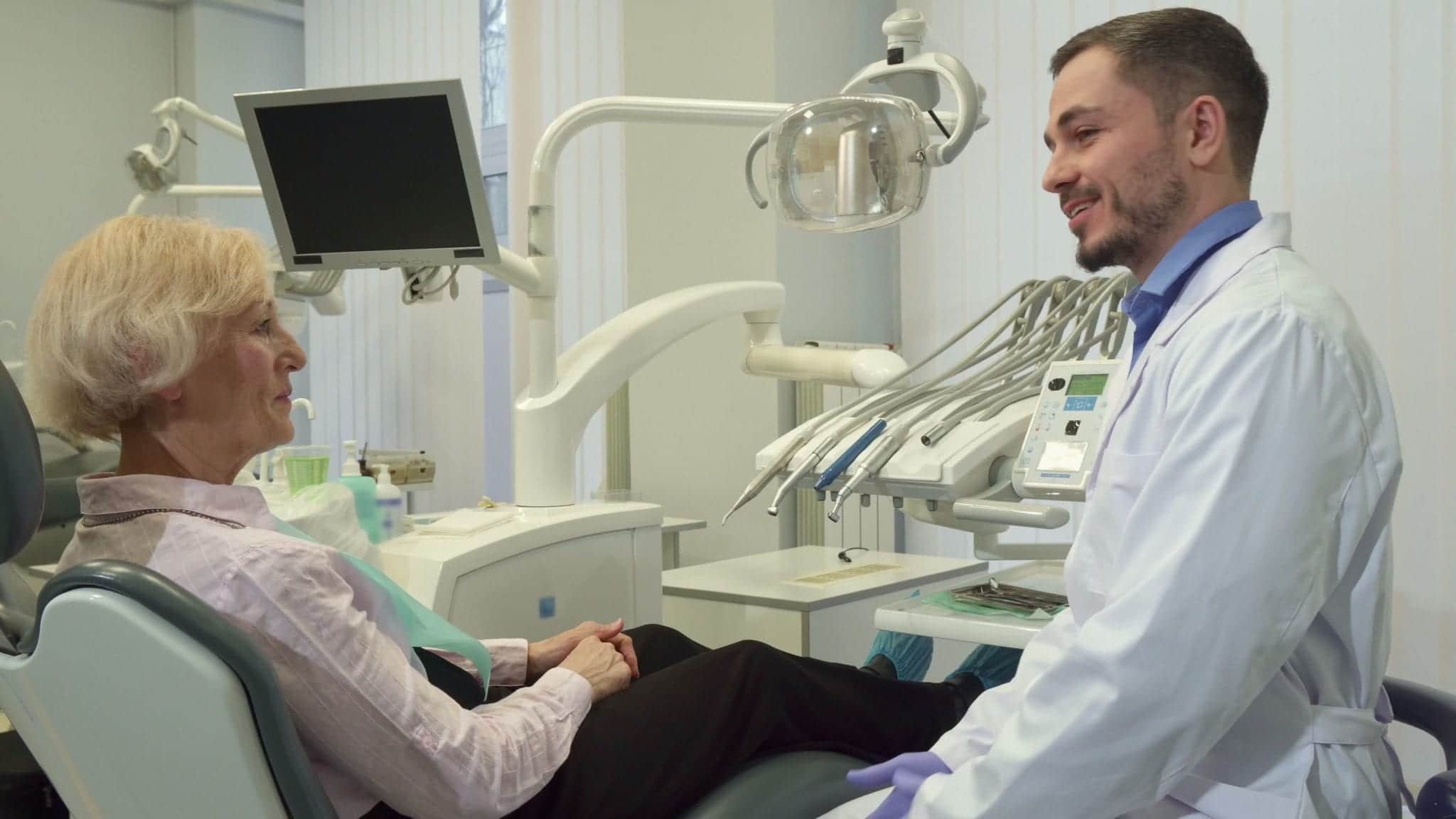
Wisdom teeth are known for causing problems in children and teenagers, but what many people don’t realize is that they can also cause problems for older adults – even if you’ve never had issues with them before.
What should you do if this happens to you?
Many adults end up having to get them removed – regardless of their age. In this post, we’re going to tell you what signs to look for that indicate you need to get your wisdom teeth taken out.
Signs of Wisdom Teeth Problems
Wisdom teeth are the four teeth in the back of your mouth. They are the third and final set of molars to develop, usually between the ages of 17 and 25 years. If they do not erupt when you are a teenager – or don’t erupt in the right manner – they can cause you various problems as an older adult.
What exactly is the “wrong” manner?
Sometimes wisdom teeth try to erupt underneath other teeth due to a lack of room. This causes them to become impacted, and they may need to be removed. They could also erupt in the wrong direction, such as toward the back of your mouth. Finally, some wisdom teeth stay in your jaw, perpendicular to your other teeth.
All these situations can cause various problems with your oral health. You may notice these symptoms associated with wisdom teeth issues.
Gum Disease
It’s difficult to clean around the swollen areas or partially exposed wisdom teeth. A lack of proper cleaning can cause the gums to pull away from the tooth. You will notice bleeding and tenderness. You must seek treatment for gum disease before it leads to tooth decay or tooth loss.
Damage to Other Teeth
Since wisdom teeth do not always erupt where they should, they can cause damage to surrounding teeth. Other teeth may be shifted out of place due to the pressure from the wisdom tooth. Your bite could be off-balance, which could cause surface damage to your teeth. All of these issues need to be treated quickly to prevent tooth decay.

Pain or Swelling
If a wisdom tooth is trying to erupt and it is pushing on other teeth, you could feel pain in your gums or jaw. You may experience swelling and tenderness near the place where the tooth is trying to erupt.
Infection
If a wisdom tooth cannot properly push through the gumline, your gums could get infected. You will likely notice difficulty chewing, pain, or swollen or bleeding gums.
As the infection progresses, you may have an unpleasant taste in your mouth or bad breath and possibly experience a fever. This condition is called pericoronitis and must be treated by a dentist so the infection does not spread to other areas of your body.
Oral Cysts
A cyst is a pocket of fluid or pus that develops around an inflamed or infected area in your gums, jaw, or nerves. If you notice a lump in your mouth or along your jawline, or suddenly have trouble opening your mouth, it’s essential that you consult with a dentist right away to remove the cyst and rule out other problems.
Why You May Need a Wisdom Tooth Extraction
If your wisdom tooth is wreaking havoc on your oral health, it may be best to pull the tooth so the rest of your mouth can be healthier. Many people do not have enough room in their jawline for four more teeth to erupt. Your wisdom tooth can become impacted and begin affecting the surrounding teeth in addition to causing pain and swelling.
Your dentist will look for problems with teeth alignment such as crowding, or an improper bite between the upper and lower jaw. If problems are detected, your dentist will likely screen for wisdom tooth problems with an X-ray. The X-ray will show the wisdom tooth’s location and whether it is affecting the surrounding teeth. If so, your dentist will recommend an extraction.
For an extraction, you will be placed under either local or general anesthesia, depending on the severity of the problem. Your dentist or an oral surgeon will remove your tooth or teeth. You will need several hours to recover from the anesthesia, and you will need to eat soft foods until your gums heal.
Your dentist will call you back in for a checkup to monitor the healing and look for any signs of infection. Most people are back to normal within a few days of a wisdom tooth extraction.

If you aren’t sure whether your wisdom teeth need to be extracted, make an appointment with your dentist to learn more. Your dentist will check your mouth for the signs listed above and recommend the best treatment options for your oral health.






